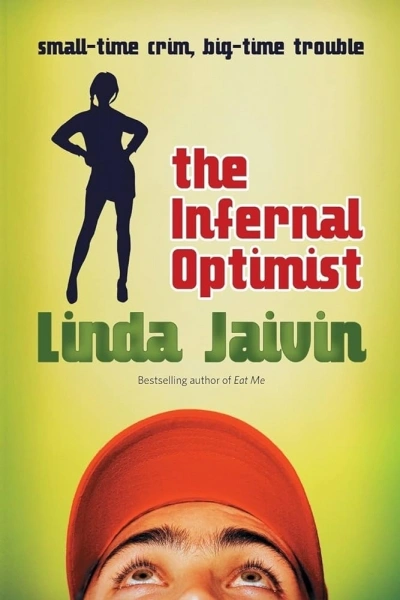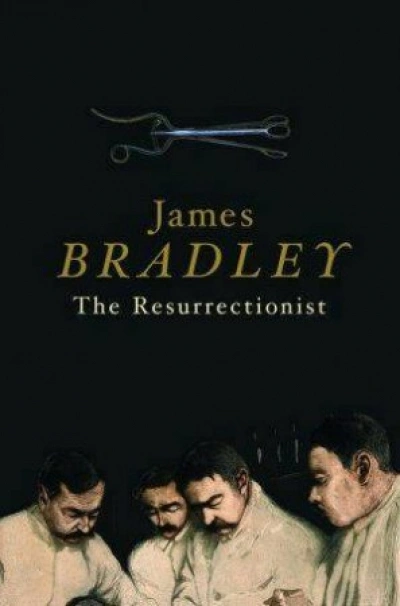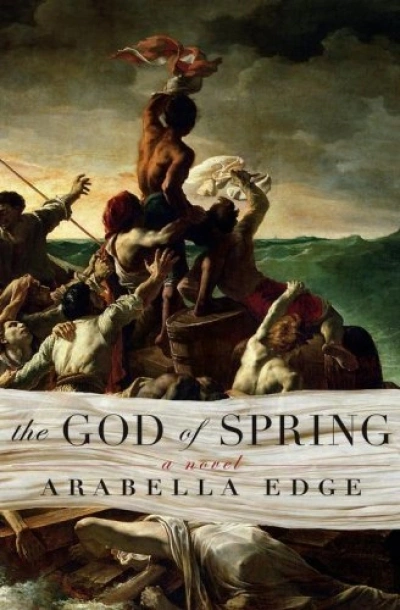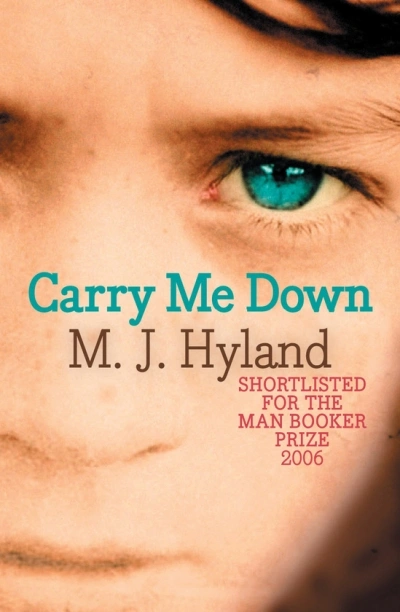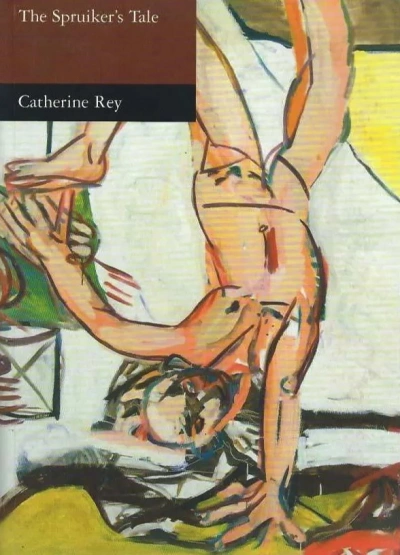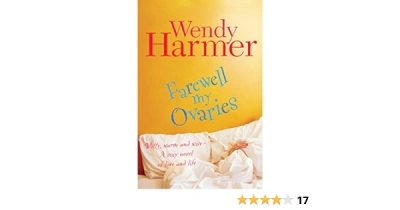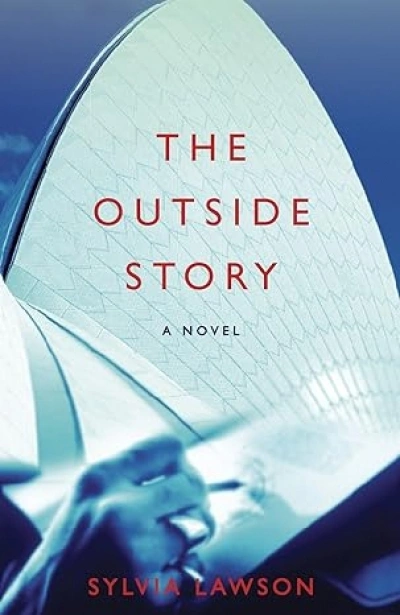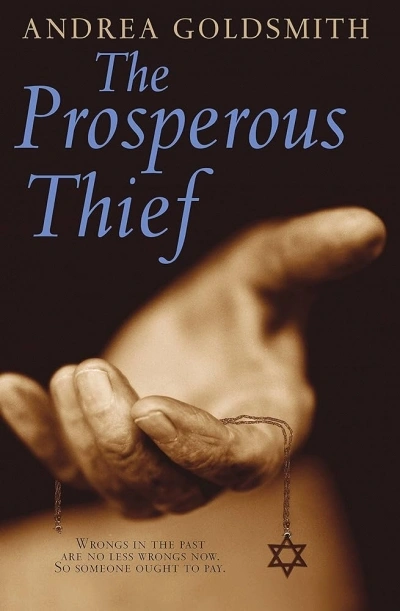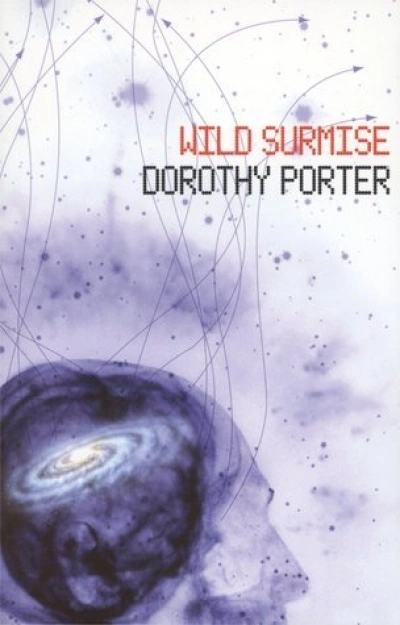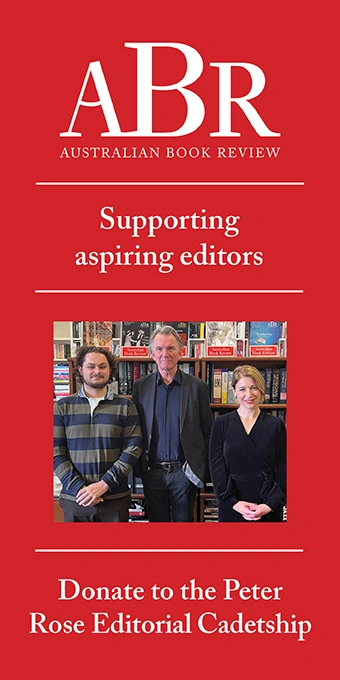Novel
The Spruiker’s Tale by Catherine Rey (translated by Andrew Riemer)
Blair, it has been suggested to me, is a roman a clef. I can't pretend to have the key, but that doesn’t matter, in the long run. Who remembers the characters upon whom Lucky Jim was based? Who cares? Blair is an amusing novel about English academics stationed in Australia in the past twenty years. Perhaps there really are such characters – anxious readers of the Times Literary Supplement, riders of red Harrods’ bicycles, exiles in a far country, eccentric experts in arcane areas of Eng Lit who carry toothbrushes in their pockets against the chance of intimate contact with alluring undergraduates. It might have been so, some twenty or thirty years past in the major universities, and it probably is so in the far-flung provincial colleges and universities. But John Scott’s novel focuses, to my mind, perhaps too much on these ratbag types.
... (read more)

